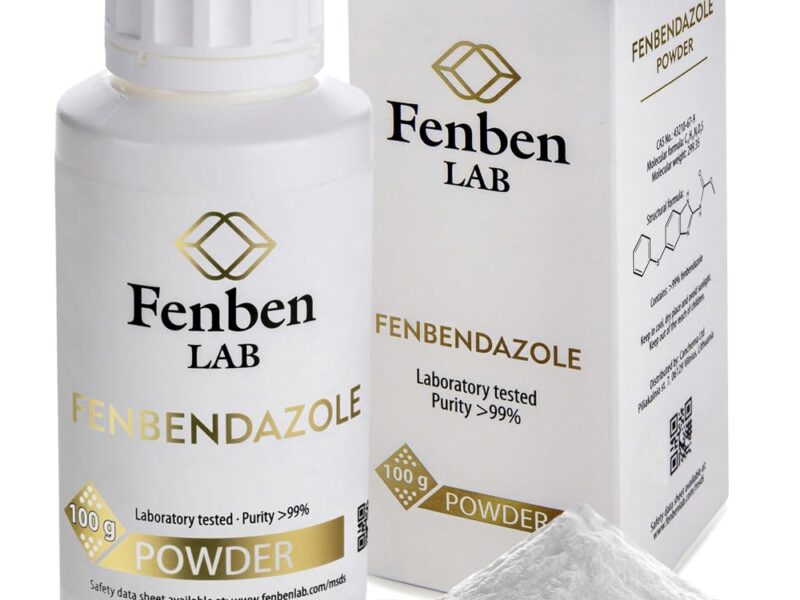As someone who has navigated the sometimes bewildering world of supplements, I can attest that finding the right form of magnesium can make a significant difference in how you feel. Magnesium, an essential mineral that plays a crucial role in over 300 biochemical reactions in the body, is pivotal for muscle function, nerve transmission, bone health, and much more.
Among the various types of magnesium supplements, magnesium malate and magnesium glycinate are often recommended for their unique properties and benefits. In this article, I will share my journey and insights into these two forms of magnesium, comparing their effectiveness, bioavailability, and overall impact on health.
My Introduction to Magnesium

My journey with magnesium began when I started experiencing muscle cramps, fatigue, and difficulty sleeping. After consulting with my healthcare provider and doing some research, I learned that these symptoms could be due to a magnesium deficiency. Magnesium is vital for nerve and muscle function, and a deficiency can lead to these uncomfortable symptoms. With this knowledge, I set out to find a magnesium supplement that would work best for me.
Understanding Magnesium Malate
What is Magnesium Malate?
Magnesium malate is a compound made by combining magnesium with malic acid. Malic acid is a naturally occurring substance found in fruits such as apples and is involved in the Krebs cycle, the process our bodies use to generate energy.
Benefits of Magnesium Malate
The combination of magnesium and malic acid makes magnesium malate a popular choice for people looking to boost their energy levels and reduce muscle pain. Malic acid plays a key role in energy production within the cells, and some studies suggest that magnesium malate may help alleviate symptoms of fibromyalgia and chronic fatigue syndrome.
My Experience with Magnesium Malate
When I first started taking magnesium malate, I was primarily interested in its potential to reduce muscle pain and improve energy levels. Within a few weeks of consistent use, I noticed a significant reduction in the frequency and intensity of my muscle cramps. My energy levels also seemed to improve, and I felt less fatigued during the day. The change was gradual but noticeable, and I attributed these positive effects to the magnesium malate supplementation.
Exploring Magnesium Glycinate
What is Magnesium Glycinate?
Magnesium glycinate, also known as magnesium bisglycinate, is a compound that combines magnesium with glycine, an amino acid that serves as a building block for protein in the body. Glycine also acts as an inhibitory neurotransmitter in the central nervous system, promoting relaxation and reducing stress.
Benefits of Magnesium Glycinate
Magnesium glycinate is often praised for its high bioavailability, meaning it is easily absorbed and utilized by the body. This form of magnesium is known for its calming properties, making it a popular choice for those dealing with anxiety, stress, and sleep disturbances. Additionally, magnesium glycinate is gentle on the stomach, making it suitable for people who may experience digestive upset with other forms of magnesium.
My Experience with Magnesium Glycinate
I decided to try magnesium glycinate after reading about its calming effects and high bioavailability. As someone who occasionally struggles with anxiety and insomnia, I was eager to see if magnesium glycinate could help. Within the first week of taking it, I noticed a marked improvement in my sleep quality. I was falling asleep faster and waking up feeling more refreshed. Additionally, my overall sense of calm and well-being improved, which was a welcome relief from the usual stress and anxiety I often felt.
Comparing Magnesium Malate and Magnesium Glycinate
Absorption and Bioavailability
One of the key factors in choosing a magnesium supplement is its bioavailability, or how well the body can absorb and use the mineral. Magnesium glycinate is known for its high bioavailability, largely due to the presence of glycine, which facilitates its absorption. Magnesium malate also has good bioavailability, but some studies suggest it may not be absorbed as efficiently as magnesium glycinate.
Energy and Pain Management
Magnesium malate has the edge when it comes to energy production and pain management, thanks to the malic acid component. This makes it an excellent choice for those dealing with chronic pain conditions like fibromyalgia or chronic fatigue syndrome. In my experience, magnesium malate was particularly effective in reducing muscle pain and improving energy levels.
Calming and Sleep Benefits
For those looking for a supplement to help with anxiety and sleep, magnesium glycinate is the clear winner. Its calming effects are due to the glycine component, which acts as a neurotransmitter that promotes relaxation. My experience with magnesium glycinate was very positive in terms of improved sleep quality and reduced anxiety.
Digestive Tolerance
Another important consideration is how well the supplement is tolerated by the digestive system. Magnesium glycinate is generally well-tolerated and less likely to cause gastrointestinal issues like diarrhea, which can be a problem with other forms of magnesium. Magnesium malate is also relatively gentle on the stomach, but some individuals may still experience mild digestive upset.
Making the Right Choice
Choosing between magnesium malate and magnesium glycinate ultimately depends on your individual health needs and goals. Here are some considerations to help you make an informed decision:
- For Energy and Pain Relief: If you’re dealing with chronic pain or fatigue, magnesium malate might be the best choice. Its malic acid component can help enhance energy production and reduce pain.
- For Stress and Sleep Support: If your primary concern is anxiety or sleep disturbances, magnesium glycinate is likely the better option. Its calming properties can help improve sleep quality and reduce stress.
- For Sensitive Stomachs: If you have a sensitive stomach or have experienced digestive upset with other magnesium supplements, magnesium glycinate may be the better choice due to its gentle nature.
- Bioavailability: If absorption is a concern, magnesium glycinate is known for its high bioavailability, making it a reliable option for ensuring your body gets the magnesium it needs.
- Consult with a Healthcare Professional: Before starting any supplement regimen, it’s essential to consult with a healthcare professional, especially if you have existing health conditions or are taking other medications.
Conclusion
Both magnesium malate and magnesium glycinate offer unique benefits and can be valuable additions to your health regimen. My personal experience with these supplements has been overwhelmingly positive, and they have each played a crucial role in improving my overall well-being.
Magnesium malate helped alleviate my muscle pain and boosted my energy levels, making it a great choice for managing chronic pain conditions. On the other hand, magnesium glycinate significantly improved my sleep quality and reduced my anxiety, proving to be an excellent option for stress and sleep support.
Ultimately, the choice between magnesium malate and magnesium glycinate depends on your specific health needs and goals. Whether you’re looking to enhance energy, reduce pain, improve sleep, or manage stress, these supplements offer effective solutions. Remember to consult with a healthcare professional before starting any new supplement regimen, and listen to your body to find the best fit for your needs.
By understanding the differences and benefits of these two forms of magnesium, you can make an informed decision and take a proactive step towards better health.


